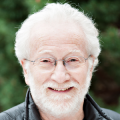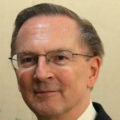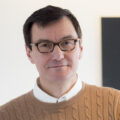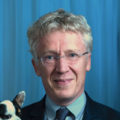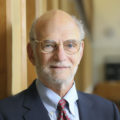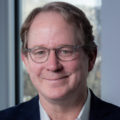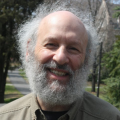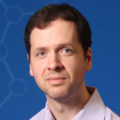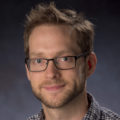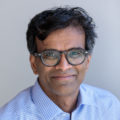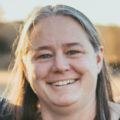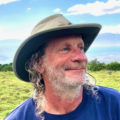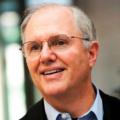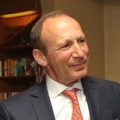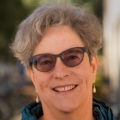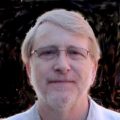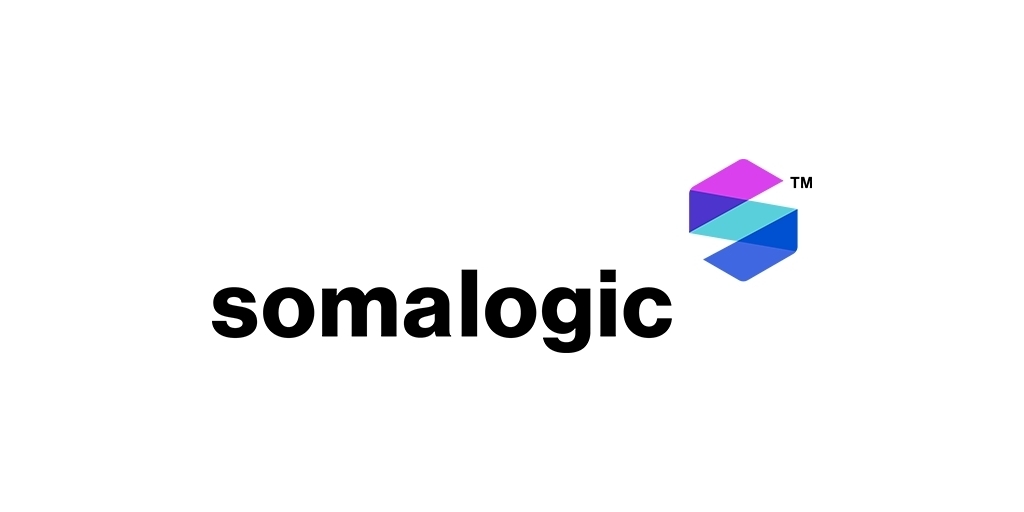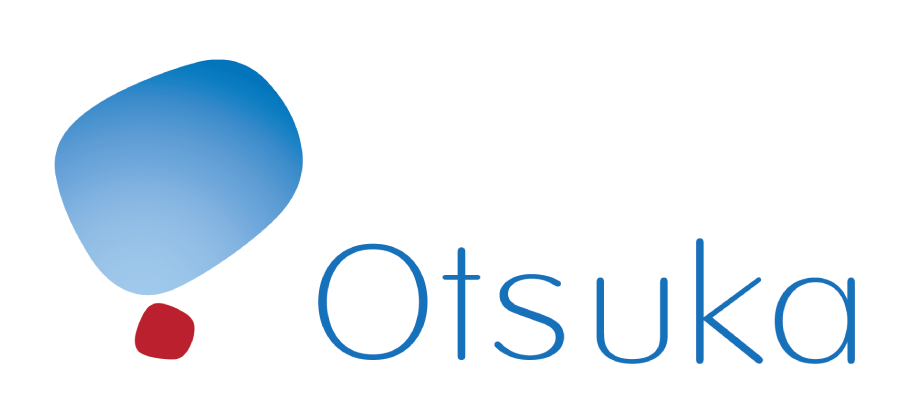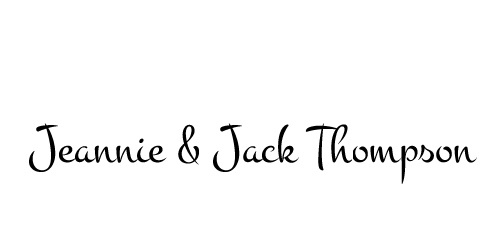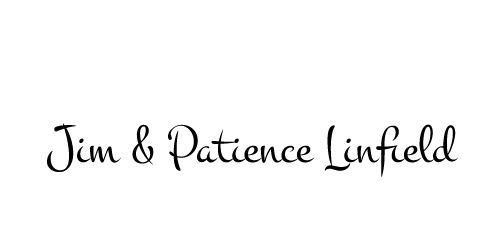2021
Biology Meets Big Data
-
Day 1
-
Welcome to the 12th Annual GoldLab Symposium
Chairman and Founder of GoldLab Foundation, Larry Gold, gives his opening remarks for day 1.
-
Why RNA? A Rationale for RNA as the First Biopolymer of Life
RNA is ubiquitous in biology today, from its role as a primer in DNA replication to its multiple roles in protein synthesis and its even more diverse roles in regulation. Most of the viruses that continue to plague us to this day are RNA viruses, while it is RNA based vaccines that provided the first and best weapons to fight...
-
Measuring Proteins with DNA. Twisting the Central Dogma for Better Understanding of Biology.
Information in biology, according to the central dogma, flows in a defined order: DNA, the master copy that contains all genes, is transcribed to RNA, which is then translated to proteins. It is proteins, the final product of this process, that execute most of the instructions encoded in the genes. Unlike DNA, which is relatively static through life,...
-
Waking Up Narcolepsy and Brain Autoimmunity
Narcolepsy has fascinated scientists for centuries, as it a unique disease where reality and REM/dreaming sleep get confused with each other. Patients experience sleepiness, vivid dreaming bordering on hallucinations, sleep paralysis and cataplexy (muscle weakness triggered by emotions). Type 1 narcolepsy affects 0.03% of the population, and most often starts in children or adolescent. When I started to work on...
-
The Circadian Rhythm Story: Past, Present and Future
The last 35-40 years has seen a sea change in the field of circadian rhythms. This modern era began with work in Drosophila (fruit flies), which has been a leading genetic system for more than 100 years. Michael and his colleagues discovered the clock mechanism that underlies circadian timing, and it turned out that the genes and mechanism are conserved...
-
From Bench to Bedside: The Role of Science in Treating a Deadly Disease
Leslie was fascinated by human genetics by the time she went to college and has been passionate for decades about unraveling genetic contributions to disease. A long path that took a few twists and turns ultimately led her to a longstanding goal: to develop treatments for genetic diseases where none existed. It started with mapping genes to human chromosomes. The...
-
Authority, Power and Autonomy in Medicine
Money, science, and technology have been important, but not enough to create and sustain the massive medical-industrial complex. A critical additional force – one responsible for almost everything civilization has accomplished – has been necessary. That force is authority.
Authority exists between parents and children, employers and employees, governments and citizens, and between health care providers and...
-
Designing for Practical Wisdom: How Can Medical Organizations Encourage Practitioners to Learn the Character and Judgment They Need?
Good health care demands good science, good research, good drugs, good technology, and medical staff with first-rate technical skills. But data, technology, drugs, and algorithms are not enough. Good judgment is a critical capacity that medical practitioners need if they are to successfully make tough, everyday decisions about how to care and how to work with each other in...
-
The Transcriptional Legacy of Developmental Stochasticity
X-chromosome inactivation is an epigenetic process that regulates gene dosage in females. Occurring as a random coin-flip early in development, the status of inactivation is then stably inherited down cell lineages via DNA methylation. The degree of “skewing” toward one chromosome over the other has been researched intensively, and importantly it has been linked to disease, where female carriers of...
-
It’s the End of the World as We Know It (and I feel fine)
Despite dire warnings about human-driven global ecosystems collapse, our efforts to curb environmental destruction continue to fall short. What we do over the next decade will determine the fate of life on earth. Human’s unique physical and cognitive capacities have enabled our increasingly efficient exploitation of the environment through technology. Civilization’s advancement relies on the concomitant development of technology and...
-
2021 GoldLab Symposium Closing Remarks Day 1
Chairman and Founder of GoldLab Foundation, Larry Gold, gives the 2021 Closing Remarks for day 1.
-
-
Day 2
-
Opening Remarks
Chairman and Founder of GoldLab Foundation, Larry Gold, gives his opening remarks.
-
Prediction and Its Limits in Scientific Discovery
The desire to predict discoveries, to have some idea, in advance, of what will be discovered, by whom, when, and where, pervades nearly all aspects of modern science, from individual scientists to publishers, from funding agencies to hiring committees. The successes and failures of predicting scientific discoveries -- the creation of new knowledge -- have broad implications for understanding the...
-
Machine and Human Intelligence: Algorithms as a Source of Bias or Insight
Algorithms can be useful aids in medicine, but they are not foolproof and without bias. This presentation uses three “stories” to illustrate broader lessons for AL and medicine. The key takeaways from these compelling stories is that 1) Data not algorithms are the scarce resource; 2) AI breaks because the data is broken; 3) unrepresentative data can lead to biased results; and, 4) data can be used appropriately for prediction, but not emulation.
-
Cracking the Regulation Code
Dr. Francis Collins, director of the National Institutes of Health (NIH), describes DNA as the “language of life”. It’s a language written in a cryptic, simple four-letter biochemical alphabet. The NIH has spent millions to record, or write down the code in books, a.k.a. genomes. Volumes with titles as exciting as “Human”, “Mouse”, and more recently “Owl monkey” have been...
-
The Evolution of Machine Intelligence
Each presenter will speak for 20 minutes in order to set the stage of the past, present, and future of Artificial Intelligence.
Presented By:
-
Regulating AI
Since the Symposium in 2019, we have witnessed a clear trend towards stronger privacy protection both in the US (especially California) and in Europe. In addition, the influence of platforms on behavior and ultimately democracy has been recognized.
The European Commission’s Digital Services Act was published on the 15th of December 2020 and creates a new liability standard...
Save the Date!
17th Annual GoldLab Symposium
May 14-15, 2026
-
23 & Us: Family Ties, Family Lies
The two youngest Trumbull siblings take us through the journey of their lives as the “mistakes” of the family – though mistakes of a different kind than what they had thought all their lives. What they discover late in their lives is that lifelong family friends were intertwined in ways they had never anticipated. They will explore the nature of “family,” of genetics, of identity, in a world that changed for them a few years ago from the results of DNA testing.
Presented By:
-
2021 GoldLab Symposium Closing Remarks Day 2
Chairman and Founder of GoldLab Foundation, Larry Gold, gives the 2021 Closing Remarks for day 2.
-





